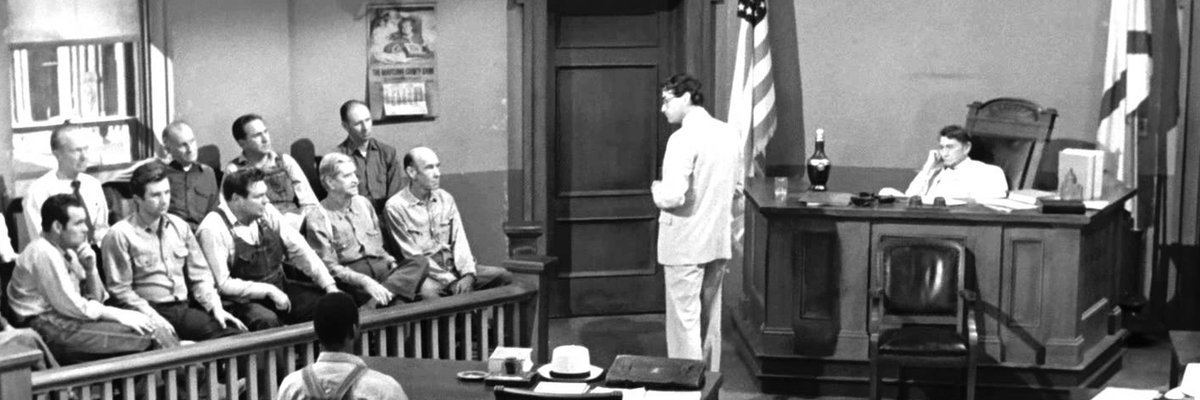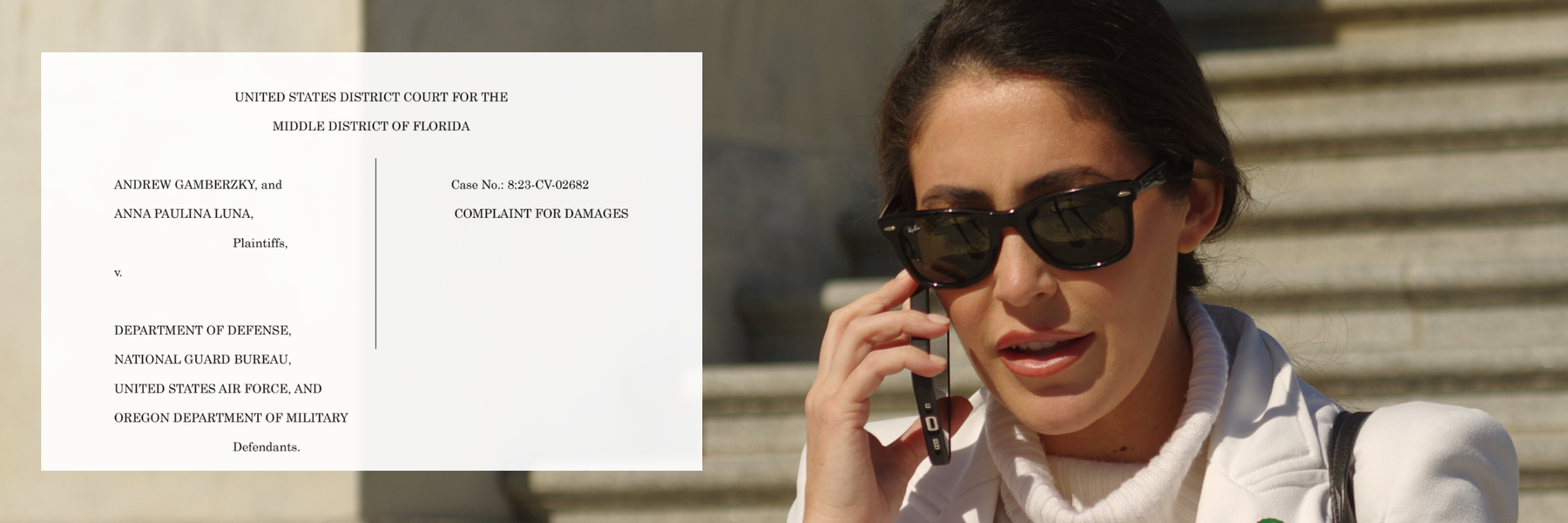It has been a whirlwind of a week for FOIA.
In this week’s news, an increase in FOIA lawsuits last year, some cases to watch, the public records process in the Middle East, another award to nominate someone (or yourself) for, and proposals to improve FOIA administration.
Send over your favorite FOIA stories via email, on Twitter, or on Facebook, and maybe we’ll include them in the next roundup.
A new record for FOIA lawsuits
Lawsuits relating to public records requests have sharply increased since President Trump took office in January 2017, according to The FOIA Project:
Lawsuits this past fiscal year rose an astonishing 26 percent, and are continuing to climb. FOIA court cases are now up over 70 percent from just five years ago.”
There were 651 FOIA-related lawsuits in fiscal year 2017, as compared to 515 in fiscal year 2016. This is the highest number of lawsuits since at least 2001.
It appears that the government isn’t able to handle the influx of requests:
Court backlogs of pending FOIA litigation have climbed even faster, with hundreds of cases waiting resolution. Indeed, the backlog is already approaching 900 cases and unless steps are taken may top a thousand in the near future.
Who are these top contenders? The Department of Justice continues to lead the charge, as they did in 2016, with 197 lawsuits in fiscal year 2017. They are followed by the Department of Homeland Security (98), the Department of the Interior (68), the Department of Defense (56) and the Department of State (50).
Speaking of FOIA lawsuits …
Public records recently turned over the Portland Tribune show that a special education teacher, who had been on paid administrative leave for two years, was paid to resign last month. This story follows the initial story from August that first revealed the teacher’s long-term stay on paid leave, during which he was in-and-out of jail on various charges including violating a restraining order and a DUI.
Beth Slovik, the reporter who broke the story, filed a public records request last year with Portland Public Schools to obtain the full list of teachers like Oshea on paid administrative leave. In response, she was hit by a lawsuit from PPS to block the request. Kim Sordyl, a parent and lawyer who requested the same documents, is included in the lawsuit.
This isn’t an isolated incident: organizations subject to FOIA are turning the tables by suing the requesters, as the Associated Press reported in September.
Slovik confirmed that the lawsuit, first filed in April, is ongoing.
Other FOIA lawsuit news:
- In Florida, The Tallahassee Democrat won a lawsuit against the city of Tallahassee after the city shot down the paper’s FOIA request for the city manager’s text messages. Acting on previously-released public records and a tip, the paper eventually received the text messages, which revealed how the city manager solicited football tickets from a lobbyist. This lawsuit could serve as a precedent for future FOIA cases regarding preserving and releasing texts.
- A former police officer for the city of Albuquerque is suing the city, saying that public records he had requested a year ago regarding a “secret investigation” by the police department were incomplete, KOB4 News reports. The request cost him $7.75, but could cost the city a lot more. “The lawsuit argues the city could owe Dear $100 a day for failing to provide a timely explanation,” the article notes, which could amount to at least a $365,000 paycheck.
Last minute deadline for more FOIA awards
Due no later than today, the American Library Association is accepting nominations for its Eileen Cooke State and Local Madison Award.
The award, named for FOIA-advocate Eileen Cooke who served as the director of the ALA’s Washington office from 1972 to 1993, honors “ state or local individuals, groups, or other entities that have championed access to government information and the public’s right to know,” according to the group’s website. It will be presented sometime in March.
Nominations can be physically mailed or emailed (but since the deadline is today, email might be the best choice).
Application instructions can be found here.
Fighting for public records outside of the U.S.
Starting in 2007, a growing number of Middle Eastern countries - Jordan, Tunisia, and Yemen - have implemented FOIA laws.
Jordanian investigative reporter Musab Al-Shawabkeh, who works for Arab Reporters for Investigative Journalism, is taking advantage of this, filing more than 150 requests over the past four years.
In an interview for the Global Investigative Journalism Network, he discusses the challenges of not only facing a number of FOIA exemptions and laws that restrict what public record requesters can obtain, but with living in a country where those who leak classified documents could face the death penalty.
Check out the full interview here.
Improving the FOIA process? Yes please.
The FOIA Advisory Committee’s Proactive Disclosure Subcommittee unanimously voted on Tuesday to pass four proposals regarding administrative improvements.
These proposals consist of recommending:
- Making FOIA forms posted online more accessible for people with disabilities
- Publishing a standardized version of FOIA request logs on an ongoing basis
- Recommendations of FOIA categories to prioritize when publishing
- Criteria agencies can use to determine whether or not to disclose certain records
In addition to the recommendations passed by the Proactive Disclosure Committee, the Efficiency and Resources Subcommittee passed recommendations, as did the Search Subcommittee. All these materials and more via the National Archives’ website.
Seen a great FOIA-based news story? Let us know and maybe we can include it in our next round up! Send it over via email, on Twitter, or on Facebook.
Image via Universal Pictures




